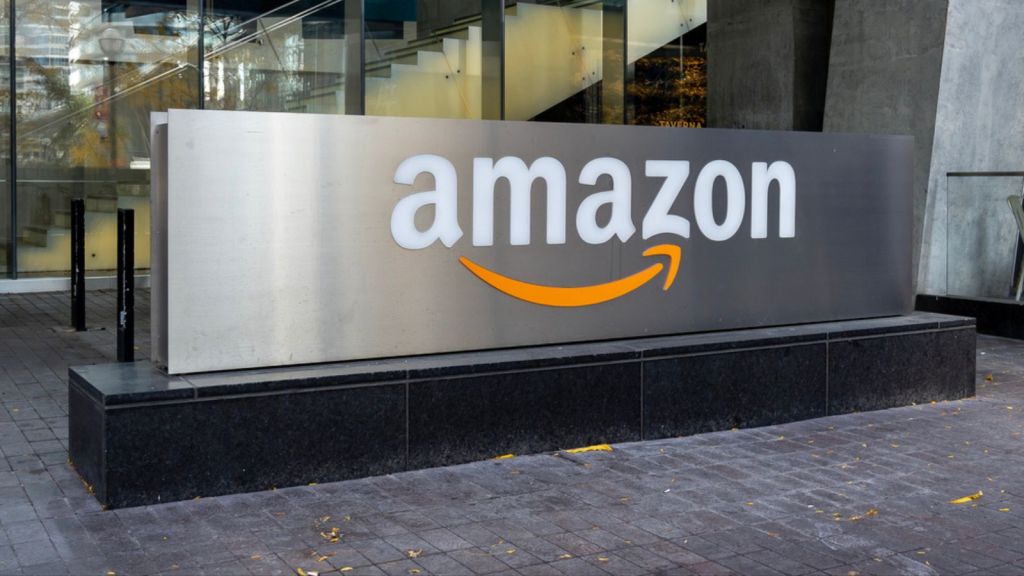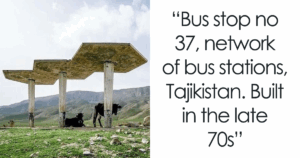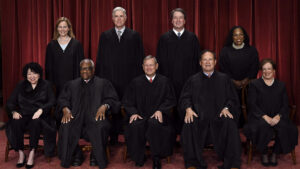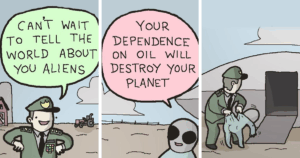“Behind the Curtains: Discover the 13 Companies Whose Profits Come at the Expense of Their Employees”
Its approach to cost-cutting extends to scheduling, with part-time hours keeping many employees from qualifying for the few benefits available. Despite being a go-to for customers, it’s not a great place to work.
6. Disney


Disneyland may be the “Happiest Place on Earth,” but its workers don’t always feel that joy. From low wages to minimal benefits for seasonal employees, Disney’s theme park workers have staged protests demanding fair pay.
As costs rise around parks, workers are finding it harder to live nearby, raising questions about how well Disney’s workers are really valued.
7. Starbucks


Starbucks might offer benefits like healthcare and tuition assistance, but the company has still faced criticism. Many employees, particularly in urban areas, find that wages aren’t keeping up with living costs, and hours are sometimes cut, limiting access to the advertised perks.
Unionization efforts have revealed the dissatisfaction brewing behind the counter, with some baristas seeking better pay and more predictable hours.
8. Kroger


Grocery chain Kroger has faced backlash over its low wages and limited health benefits for part-time workers. During the pandemic, workers took on increased risks without equivalent compensation adjustments, sparking criticism.
Kroger’s essential workers often feel underappreciated, with many locked into part-time positions that prevent them from receiving better benefits.













